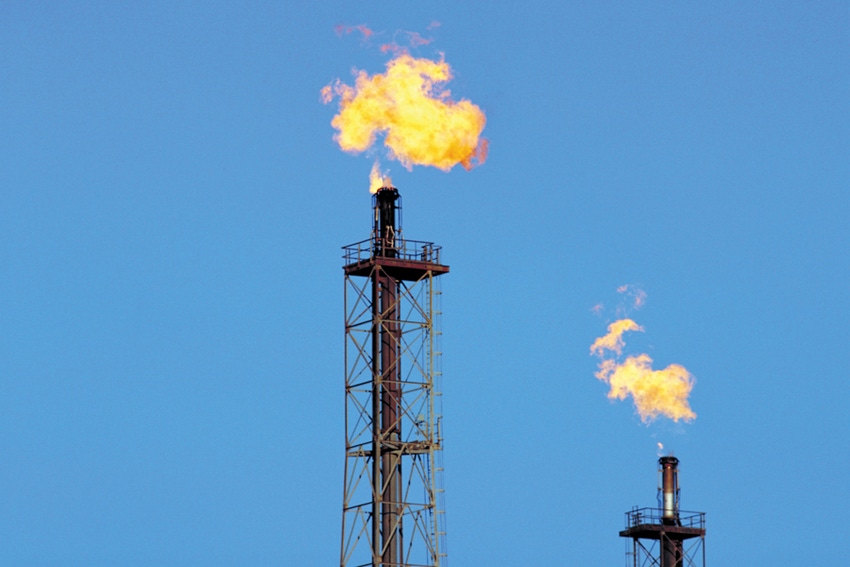April 26, 2011

Skyrocketing gas prices are already putting a strain on the budgets of many Americans, and some economists are projecting gas to hit $6 per gallon by the end of summer, which is typically when the most active part of the Atlantic hurricane season begins.
People are starting to question how this year’s hurricane season will impact prices, and if it could make an already bad situation worse.
The AccuWeather.com 2011 Atlantic Hurricane Season Forecast predicts a higher-than-normal number of tropical systems with more direct impacts on the U.S. than last year.
The forecast highlights the Texas and western Louisiana coastlines, which both have a high concentration of refineries and offshore platforms, as areas of greater concern for tropical activity.
Ken Reeves, AccuWeather.com senior meteorologist, explained that tropical systems that have an impact on production typically force brief shutdowns that can cause a temporary spike in price.
Temporary spikes in gas prices have coincided with tropical systems moving through the Gulf of Mexico in the past, as evidenced by hurricanes Alex and Karl, Tropical Storm Hermine, and Tropical Depression Five just last year. Shutdowns in 2008 caused a decline in production of 62 million barrels of oil and 408 billion cubic feet of gas.
A large spike in price occurred in conjunction with Hurricane Katrina in 2005. For the 2005 season as a whole, nearly three months of production time was lost.
“How long the spike in price lasts is usually a byproduct of the damage that was done,” Reeves said. “If there is no long-term damage, [the price] corrects itself relatively quickly.
“Hurricanes do have an effect, but it’s mostly short term. Economic and political influences are the overriding factors.”
In other words, while hurricane activity this season could cause temporary spikes, it’s economics and politics that ultimately drive prices.
Between oil platforms and refineries, Reeves said damage to refineries is the bigger concern.
A single platform is a small contributor in the overall production process. A refinery, on the other hand, is a large contributor to supply, processing oil for hundreds of platforms.
If platforms are damaged, oil reserves and outside resources can be tapped into, increasing supply. “If you kill a refinery, you can’t bring in more refining capabilities,” Reeves stated.
When a refinery is shut down, oil from the platforms being serviced must be transported to another refinery, with those transportation costs getting passed down to the consumer. If the costs are deemed too high, those platforms must temporarily shut down as well.
Damage to refineries not only has an impact on gasoline, but also on other oil byproducts such as propanes, butanes, kerosenes, heating fuels and chemicals. Other industries that use oil byproducts in the manufacturing of their goods are affected as well.
Reeves pointed out that there is a high concentration of refineries in the Galveston and Houston areas, as well as in Corpus Christi. The nation’s largest oil refinery is ExxonMobile’s Baytown Refinery in the Houston area, producing 560,640 barrels per calendar day, according to the U.S. Energy Information Administration (EIA).
Most oil and natural gas platforms are designed to endure even strong hurricanes, with the National Ocean Industries Associated (NOIA) reporting that offshore facilities built since 1988 can withstand up to Category 5 events.
NOIA reported that of the 4,000 platforms in the Gulf of Mexico, hurricanes Katrina and Rita destroyed 113, which means about 97 percent of the platforms survived these monster hurricanes. Of the 113 destroyed, 108 were built before 1988.
People are starting to question how this year’s hurricane season will impact prices, and if it could make an already bad situation worse.
For more information, contact: [email protected].
You May Also Like




